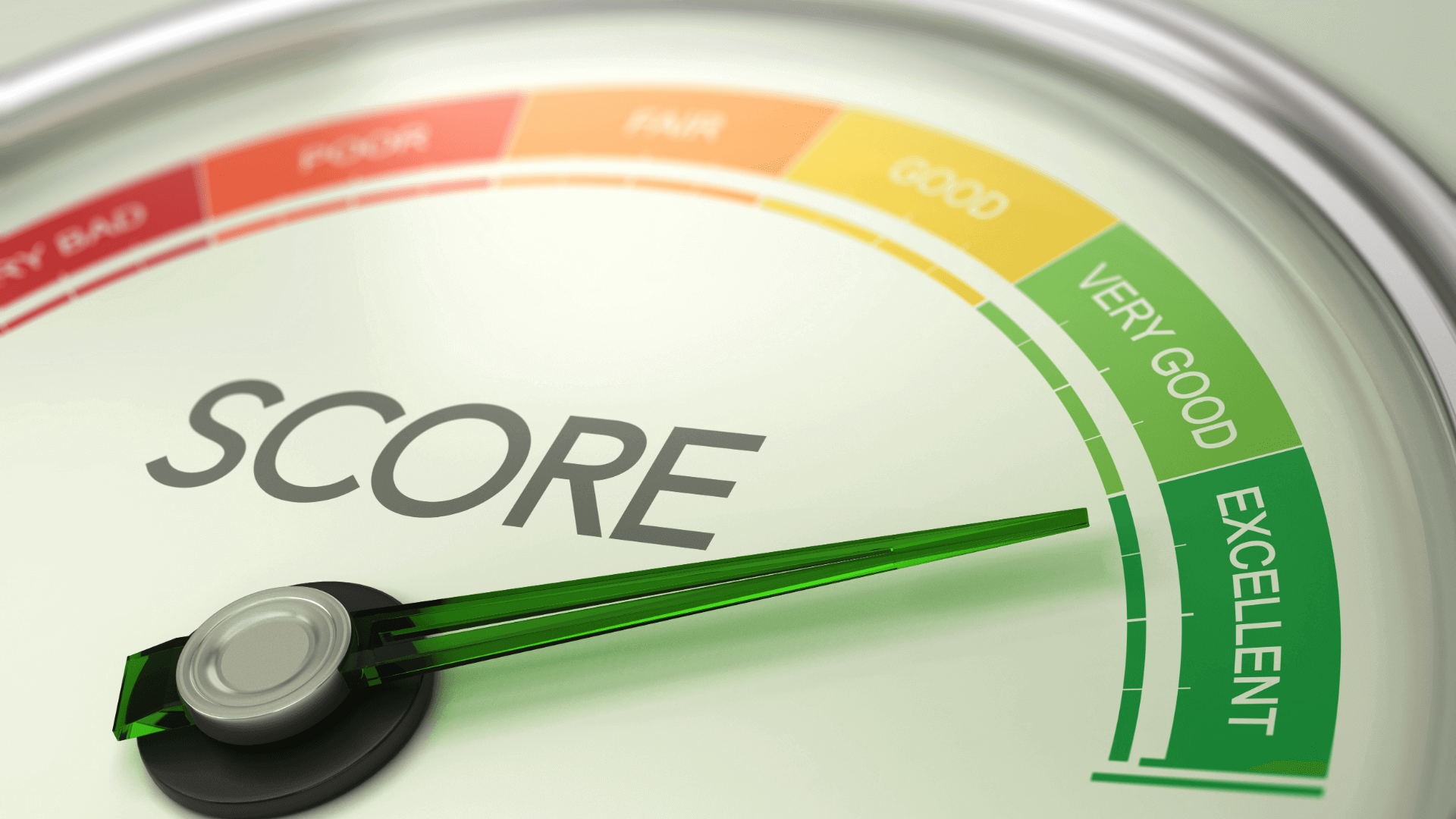Have you ever wondered how your credit score measures up?
Potential lenders use a scoring system to decide whether they’re willing to loan money to you. This score is a three-digit number which gives them an idea of how well you manage your money. Lenders use two possible scores and the most common one used is the FICO score. Some lenders use a different system known as the Vantage Score. Understanding what these scores are based on can give you an idea of what you can do to have a better chance of being approved for credit at the best rates.
What is the Possible Range of Credit Scores?
Both FICO and Vantage 4.0 use the same range of scores from a low of 300 to a high of 850. FICO also has industry-specific scores calculated for a specific type of loan. This means a creditor can obtain a score that’s especially geared to car loans, mortgages, or credit cards. The most frequently used FICO score is known as FICO Score 8. Industry specific ranges of FICO scores are between 250 and 900.
Do You Have a Good Credit Score?
Each credit scoring company breaks down credit score ranges into categories. Categories of FICO scores are:
- Exceptional – Over 800
- Very good – 740-799
- Good – 670-739
- Fair – 580-669
- Poor – Below 580
For Vantage, the categories are:
- Excellent – 781-850
- Good – 661-780
- Fair – 601-660
- Poor – 500-600
- Very poor – Below 499
What Factors are Used to Determine Your Credit Score?
Vantage uses several factors to determine your credit score. The most important factor is total credit usage, balances, and available credit. Credit mix and experience are also big influences on your Vantage score. Payment history, age of credit history, and new accounts are also taken into consideration.FICO figures out your score based on information from credit reports from all three credit bureaus, which include Equifax, Experian, and TransUnion. It’s calculated based on payment history (35% of your score), the amount of available credit you’re using (30%), credit age (15%), credit mix (10%), and inquiries for new credit (10%).
Improving Your Credit Score
When you know your credit score and what’s on your three credit reports, you have important information that can help you know what you need to work on to bring up your score. Consumers are entitled to a free credit report each year at AnnualCreditReport.com; however, you can now receive free weekly reports until April 2021. Some things you can do to bring your score up include:
- Pay bills on time, and catch up on any that are past due
- Keep credit card balances as low as you can
- Have a mix of different types of credit such as loans and credit cards
- Try not to apply for new credit unless you need it
- Dispute any items on your credit report that are inaccurate
Your credit scores and credit reports are important not only for getting approved for a loan or credit card, but they can also affect the interest rate that your credit is based on. Other decision makers also rely on this information, such as utility companies, insurance companies, and potential employers, so it’s important to pay close attention to your credit score. Dovly makes this process easy with our advanced credit engine that tracks, manages, and fixes your credit. Get in touch with us today to find out more.



